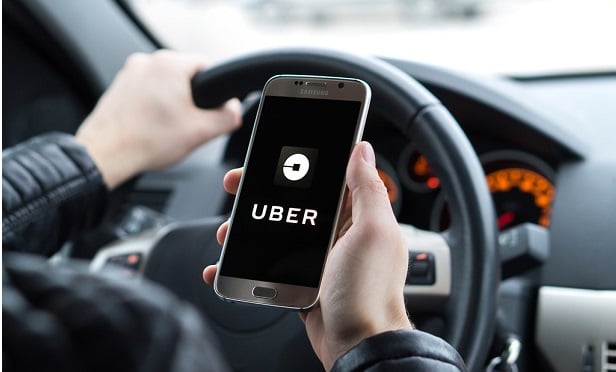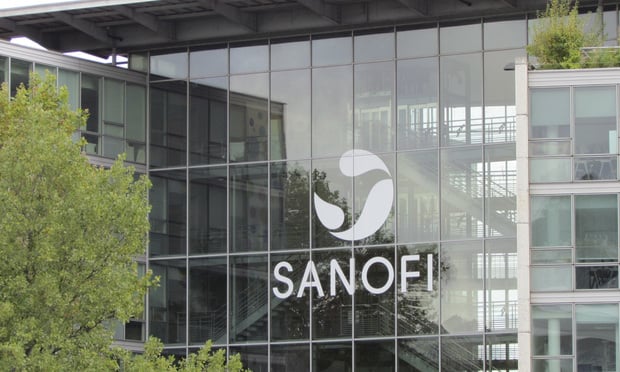 he litigation attacked theride-sharing company's business model of treating its drivers ascontractors to avoid the costs of paying a minimum wage, overtime,sick leave and health insurance.
he litigation attacked theride-sharing company's business model of treating its drivers ascontractors to avoid the costs of paying a minimum wage, overtime,sick leave and health insurance.
Uber Technologies Inc. will pay $20 million to settle Californialawsuits challenging the company's classification of drivers as independentcontractors, and not employees owed the benefits of traditionalemployment.
|Resolution of the long-standing fight over benefits and pay comesas Uber is preparing for its initial public offering later thisyear. The litigation attacked the ride-sharing company's businessmodel of treating its drivers as contractors to avoid the costs ofpaying a minimum wage, overtime, sick leave and healthinsurance.
|The cases turned on whether drivers were essentially forced bytheir contracts to resolve any conflicts one-on-one, behind theclosed doors of private arbitration and forbidden to join forces inclass-action lawsuits. Drivers argued Uber made it onerous for themto opt-out of the arbitration provisions.
|The central lawsuit initially posed a threat to Uber as it grewto represent as many as 385,000 drivers in California andMassachusetts after a San Francisco judge granted class-actionstatus. That momentum was undone by an appeals court rulingupholding Uber's arbitration agreements as largely valid andenforceable, which ultimately reduced the class to about 13,600drivers who will partake in the settlement.
|The settlement, which requires a judge's approval, was filedlate Monday in San Francisco federal court and confirmed by ShannonLiss-Riordan, who represents drivers in the San Francisco lawsuitsand settled with the ride-share company.
|“Uber has an arbitration clause which it very rigorouslyenforces,” Liss-Riordan said. “It's a myth that these opt-outprovisions in arbitration clauses really make these agreementsvoluntary.” Liss-Riordan said she'll be seeking attorneys fees of$5 million.
|Uber spokesman Matt Kallman didn't respond to an email afterregular business hours seeking comment.
|Even before the appeals court ruling, prospects for the suitsagainst Uber were dealt a blow by a U.S Supreme Court decision lastyear, which bolstered the power of employers to force workers touse individual arbitration instead of class-action lawsuits.
|The case is O'Connor v. Uber, 13-cv-03826, U.S. District Courtfor the Northern District of California (San Francisco).
|Read more:
- Uber drivers win victory on unemploymentinsurance
- Uber drivers dealt a blow in quest for better payand benefits
- More turmoil for Uber as head of HRresigns
Copyright 2019 Bloomberg. All rightsreserved. This material may not be published, broadcast, rewritten,or redistributed.
Complete your profile to continue reading and get FREE access to BenefitsPRO, part of your ALM digital membership.
Your access to unlimited BenefitsPRO content isn’t changing.
Once you are an ALM digital member, you’ll receive:
- Critical BenefitsPRO information including cutting edge post-reform success strategies, access to educational webcasts and videos, resources from industry leaders, and informative Newsletters.
- Exclusive discounts on ALM, BenefitsPRO magazine and BenefitsPRO.com events
- Access to other award-winning ALM websites including ThinkAdvisor.com and Law.com
Already have an account? Sign In
© 2024 ALM Global, LLC, All Rights Reserved. Request academic re-use from www.copyright.com. All other uses, submit a request to [email protected]. For more information visit Asset & Logo Licensing.








